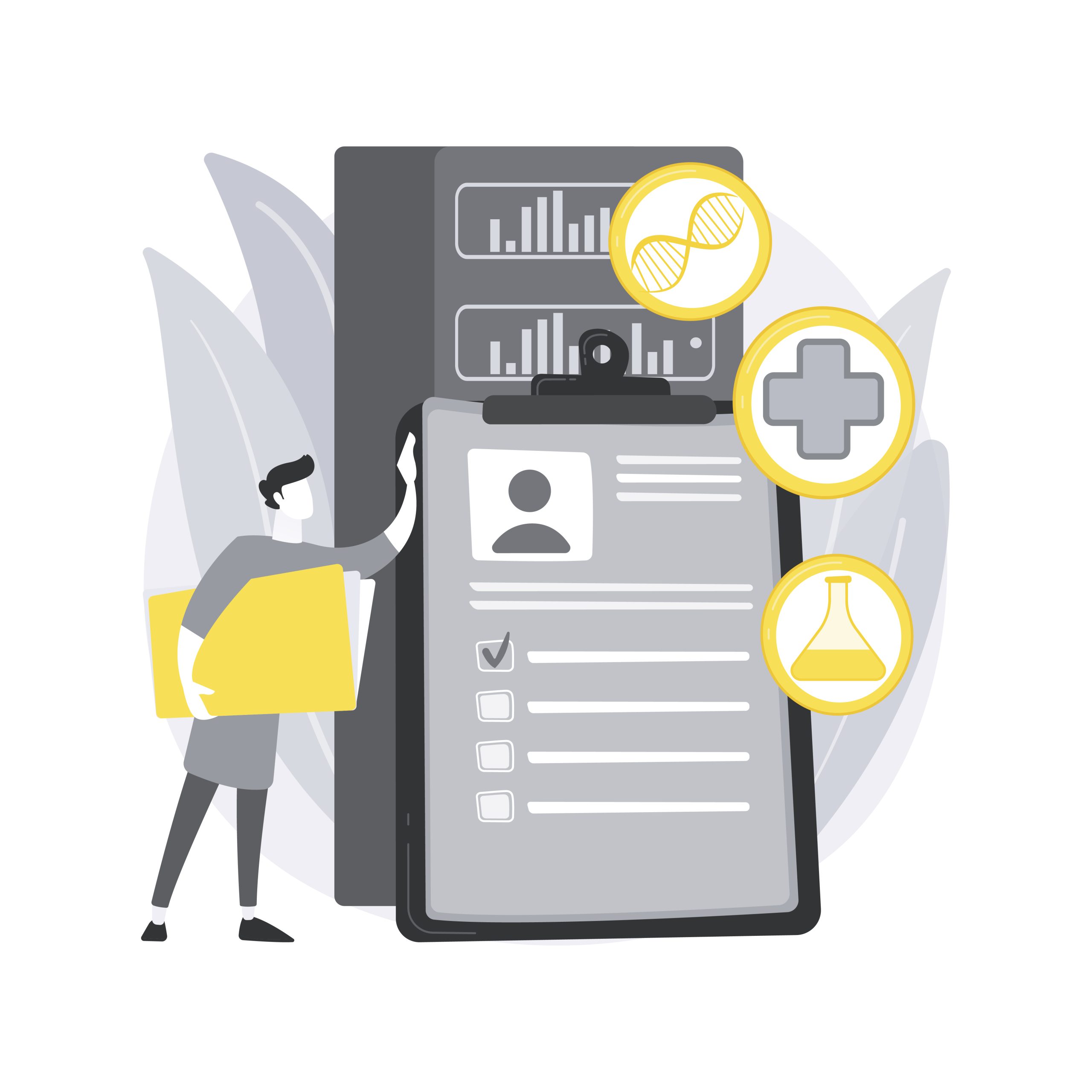
There are many people who use practice management systems, as well as electronic health and medical record systems, which healthcare providers can use. Confusion frequently arises as a result of the wide variety but lack of access to information about these systems. This makes it more difficult for different practices to choose the best product to streamline their entire operation. Doctors are usually more concerned with their patients than with anything else. As a result, there is a good chance that doctors are not always aware of the distinctions. This is how you will know if an EHR and a practice management system are both required for you.
How Can Practice Management Software Assist Clinicians?
A medical practice management system (PMS) is designed to improve administrative workflow in your practice. You can reduce your staff’s workload by organizing appointments electronically, scheduling tasks, setting reminders for upcoming meetings, and more.
Another feature of a practice management system is data collection and reuse. Patients’ names, demographics, and contact information are included in the data. New patient data is only required to be entered into a patient information form once before it is available for future visits.
Data analysis and report creation features in various practice management software systems provide reports with easy-to-digest information to analyses the practice’s performance. This aids in identifying flaws and addressing them to improve performance.
PMS System Architecture
The system architecture of practice management software is divided into three types: desktop software, web-based software, and client/server software.
Desktop practice management software is designed for smaller practices with a single computer. This practice management system enables staff to handle operations electronically in order to save time.
Many practices use medical practice management systems that are accessible via the internet. An IT company manages the practice management system, which is hosted on a server. Doctors who use the same PMS can access systems and organize tasks as they should via the Internet.
Client/server systems are comparable to web-based systems. The difference is that the server is located on the premises of the practice.
What is an EHR (Electronic Health Record)?
EHRs are becoming more patient-centered. They can save patient information such as disease codes, allergies, and lab and treatment reports used during treatment. EHRs differ from other practice management systems in that they allow you to transfer and refer all of a patient’s details to different specialists and laboratories, even if they are not in your practice.
The Federal Department of Health and Human Services promotes the use of EHRs because they improve healthcare standards and make patient treatment as simple as possible. This is why the federal government enacted the HITECH act, which encourages doctors to use EHRs in their practices.
What to Consider When Changing Your EHR System
Do you have an outdated EHR system that you want to replace? Healthcare advancements are occurring all the time, and you require a system that can keep up. Whatever system you choose, it should work best for your medical practice while also allowing you to provide the best level of care to your patients.
What are the requirements of your medical practice?
EHR system you choose should be best suited to the needs of your medical practice. Inquire about how many people will be using your system, how much training your staff will require, and whether you will need to hire someone to assist with the implementation of your new system. Knowing these answers prior to installation makes the actual implementation of your system go much more smoothly.
Examine Resources and Timing
You want to make certain that the time is right to invest in a new system. The best time for each practice will differ depending on the resources available, the budget, and how long it takes for staff members to agree on a good system. It will be much easier to choose an EHR system if you know what works best for your staff, budget, and overall practice.
Try for a Specialty-Specific System
Not all systems are alike, and no two medical facilities are either. As a result, not all medical facilities require the same EHR system. As a result, you should look into systems that work best for the specialty of your practice. This way, you’ll always have knowledge for your specialty at your fingertips while avoiding information you don’t need.
Consider the Costs of Your System
When implementing new technology into your medical practice, whether it’s your EHR system or something else, you must consider the cost. How much money are you willing to spend on your new system? How long should this system last you? When you have these answers, it will be easier to find a system that will provide you with the best value.
Making Certain That Your EHR System Is Successfully Upgraded
Is your EHR system showing signs of age? Do you believe it could benefit from a few tweaks? If this is the case, you may be able to upgrade your current EHR system. When upgrading your current system, both artificial and human factors must be considered. You must understand what your practice requires while also ensuring that you can provide all of the necessary training to your staff to ease the transition to the new system. Here’s what you should do to ensure a smooth EHR system upgrade.
Consider What You Need vs. What You Don’t Need
EHR technology is becoming increasingly complex over time. There is a level of specificity that we never expected to see. Consider purchasing an EHR system upgrade that limits the amount of data that can be entered.
Examine Existing Systems for Compatibility
Even if you plan to upgrade your EHR system, this does not imply that you will upgrade all of your administrative technologies at the same time. As a result, it is more important than ever to check for compatibility with the technology you have. This includes reporting, data backups, hardware, and other services.
Make Certain You Have Enough Bandwidth
Do you have confidence that it is time to upgrade your EHR system? There are concerns about the technology and training required for the transition, but there are also concerns about other resources that may be in short supply. You might not have enough staff or time to ensure a smooth transition.
Before embarking on an EHR upgrade, set aside enough time and resources to ensure that you are not forced to test the new system while unprepared.
You should have enough training resources on hand
Even if you stick with the same vendor when upgrading your EHR system, this does not guarantee that your system will have the same functionality as your previous system. Consider what works and what does not, and then consider how the changes to your EHR software will address the issues you are experiencing.
As a result, before you begin using the new system, you should review your vendor’s training materials and operation manuals. Understanding how your system interacts with your current workflow is critical for making the most of it.


